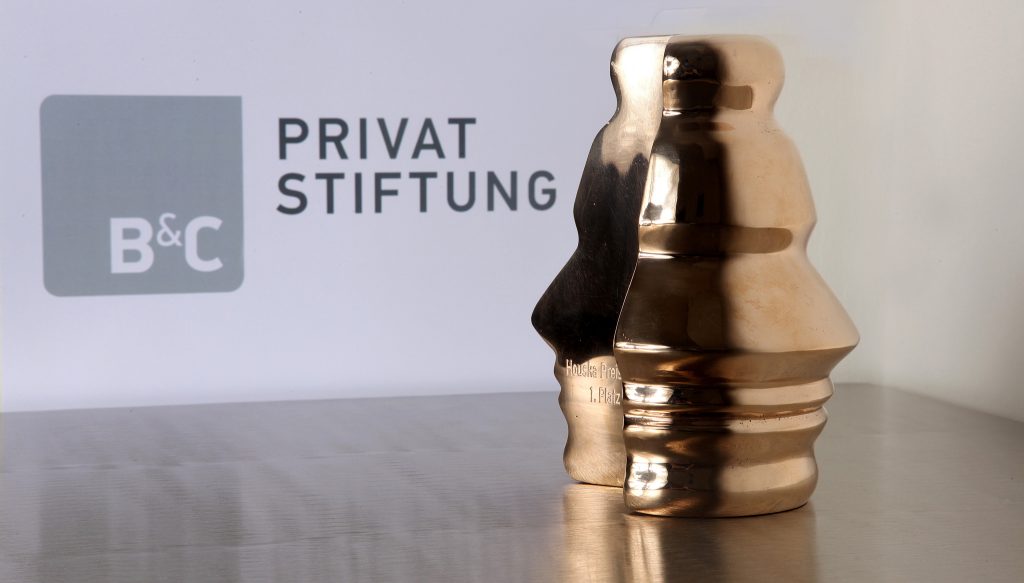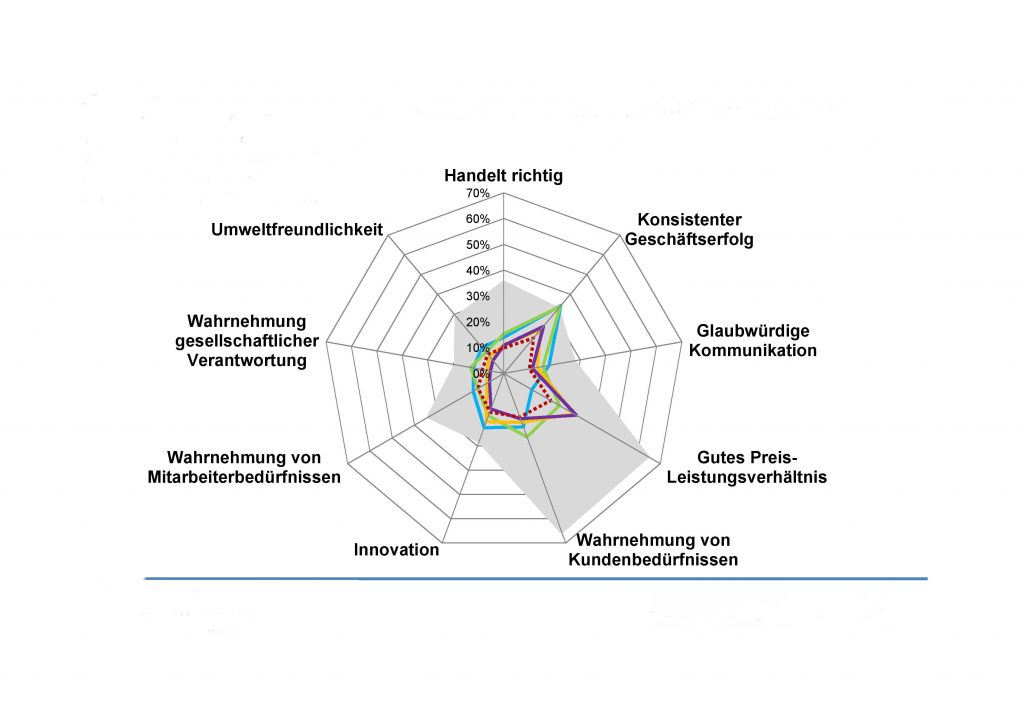Innovation and Start-ups
Innovation communication: strategically planned – creatively implemented
A company's innovations are crucial to its success in terms of differentiation at the product level – and also at the corporate level. Accordingly, the innovative power of a company should be strategically anchored in its communication – and transported through consistent innovation communication.
Our proven building blocks
- Position: occupy innovative topics and long-term visions for the future and position yourself as an innovator
- Simplify: present innovations simply, understandably and from the user's point of view
- Stage: make innovations tangible through visualisation
- Establish: "Proof of Performance" through prestigious projects and success stories
- Personalise: present your own innovation management in an attractive and innovative way, portray thought leaders and establish them as experts
- Present: actively engage in the creative and innovative environment and show the flag
- Inspire: communicate innovations internally in a consistent, entertaining and exciting way as well
Together with the client, we develop a target-oriented strategy including a mix of measures based on the existing communication plan and the respective innovation topics and projects.
Skills Start-up Unit
Start-ups are often so intensively engaged in their products and financing that they overlook how important the first impression on the market is. A timid market launch rarely goes well. Likewise, a communication problem and loss of confidence among customers and investors can quickly spell the end of a start-up, especially in the economically difficult founding phase.
Therefore, for sustainable success, young entrepreneurs need strategy consulting, coaching, market and opinion research, networks, but of course also classic public relations.
Professional communication with a small budget
In the start-up phase, the budget for public relations is usually much smaller than for established companies. That's why we looked for ways to reconcile the needs and financial possibilities of start-ups. If we are convinced of a start-up's potential, we offer, for example, longer payment terms or deferrals until the next round of investors. We have also concluded some work-for-equity deals.




